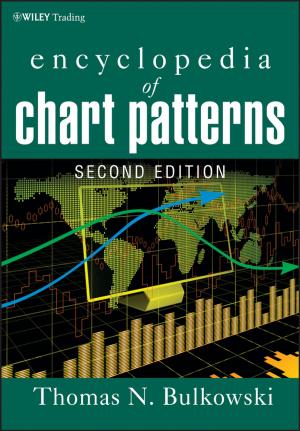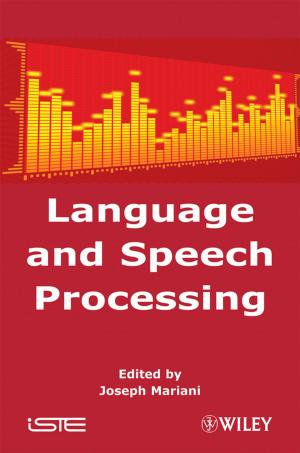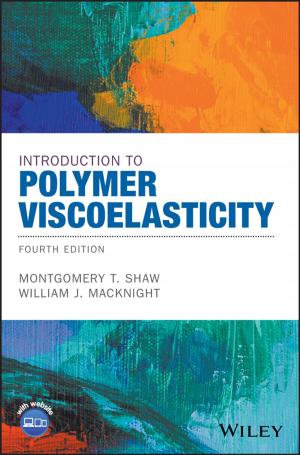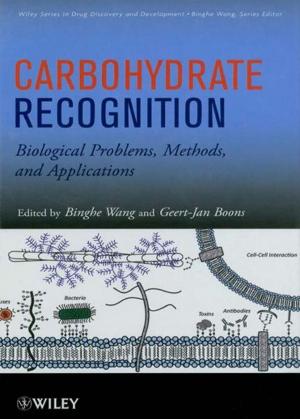Theory of Structures
Fundamentals, Framed Structures, Plates and Shells
Nonfiction, Science & Nature, Technology, Construction & Construction Trades| Author: | Peter Marti | ISBN: | 9783433602614 |
| Publisher: | Wiley | Publication: | March 20, 2013 |
| Imprint: | Ernst & Sohn | Language: | English |
| Author: | Peter Marti |
| ISBN: | 9783433602614 |
| Publisher: | Wiley |
| Publication: | March 20, 2013 |
| Imprint: | Ernst & Sohn |
| Language: | English |
This book provides the reader with a consistent approach to theory of structures on the basis of applied mechanics. It covers framed structures as well as plates and shells using elastic and plastic theory, and emphasizes the historical background and the relationship to practical engineering activities. This is the first comprehensive treatment of the school of structures that has evolved at the Swiss Federal Institute of Technology in Zurich over the last 50 years.
The many worked examples and exercises make this a textbook ideal for in-depth studies. Each chapter concludes with a summary that highlights the most important aspects in concise form. Specialist terms are defined in the appendix.
There is an extensive index befitting such a work of reference. The structure of the content and highlighting in the text make the book easy to use. The notation, properties of materials and geometrical properties of sections plus brief outlines of matrix algebra, tensor calculus and calculus of variations can be found in the appendices.
This publication should be regarded as a key work of reference for students, teaching staff and practising engineers. Its purpose is to show readers how to model and handle structures appropriately, to support them in designing and checking the structures within their sphere of responsibility.
This book provides the reader with a consistent approach to theory of structures on the basis of applied mechanics. It covers framed structures as well as plates and shells using elastic and plastic theory, and emphasizes the historical background and the relationship to practical engineering activities. This is the first comprehensive treatment of the school of structures that has evolved at the Swiss Federal Institute of Technology in Zurich over the last 50 years.
The many worked examples and exercises make this a textbook ideal for in-depth studies. Each chapter concludes with a summary that highlights the most important aspects in concise form. Specialist terms are defined in the appendix.
There is an extensive index befitting such a work of reference. The structure of the content and highlighting in the text make the book easy to use. The notation, properties of materials and geometrical properties of sections plus brief outlines of matrix algebra, tensor calculus and calculus of variations can be found in the appendices.
This publication should be regarded as a key work of reference for students, teaching staff and practising engineers. Its purpose is to show readers how to model and handle structures appropriately, to support them in designing and checking the structures within their sphere of responsibility.















